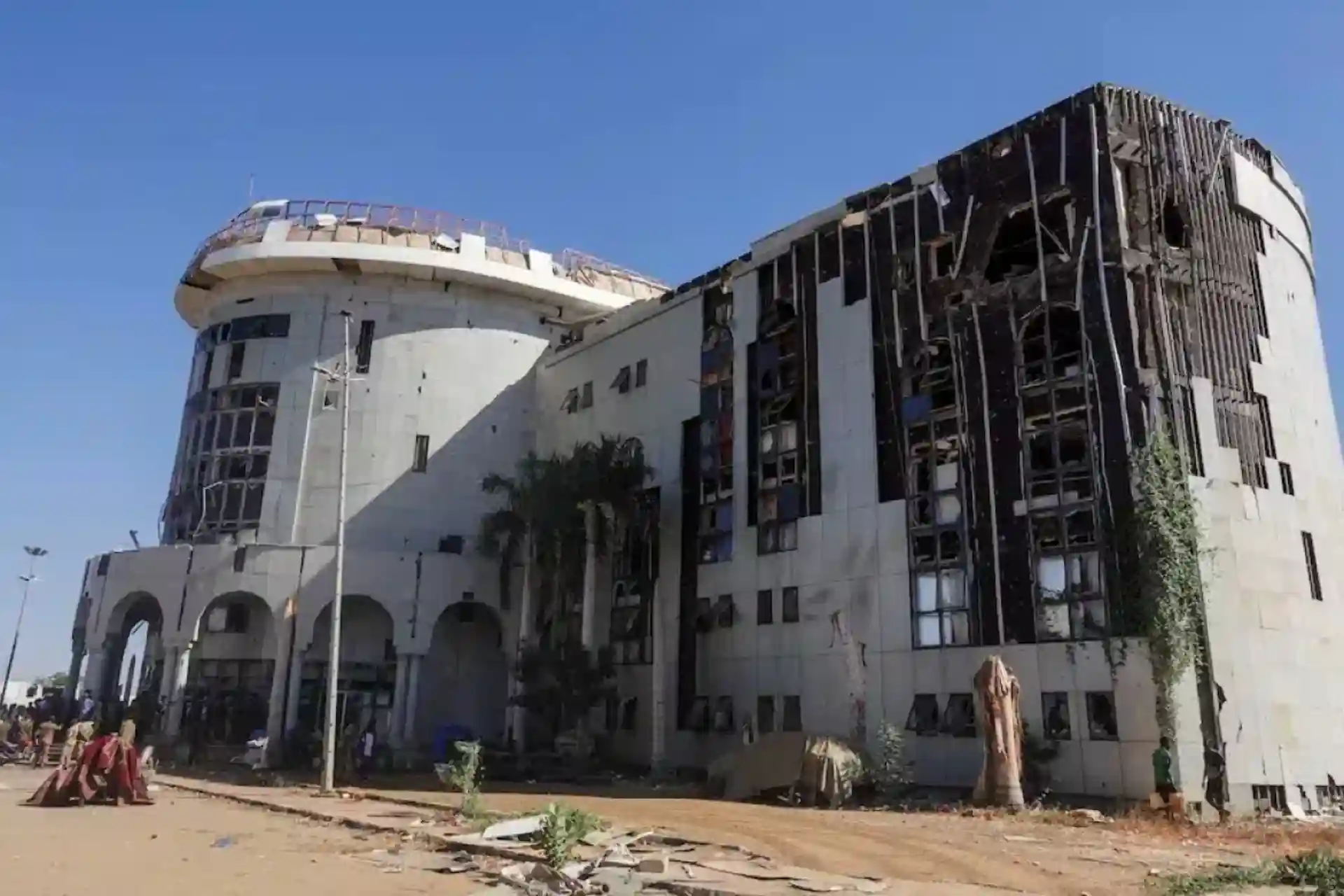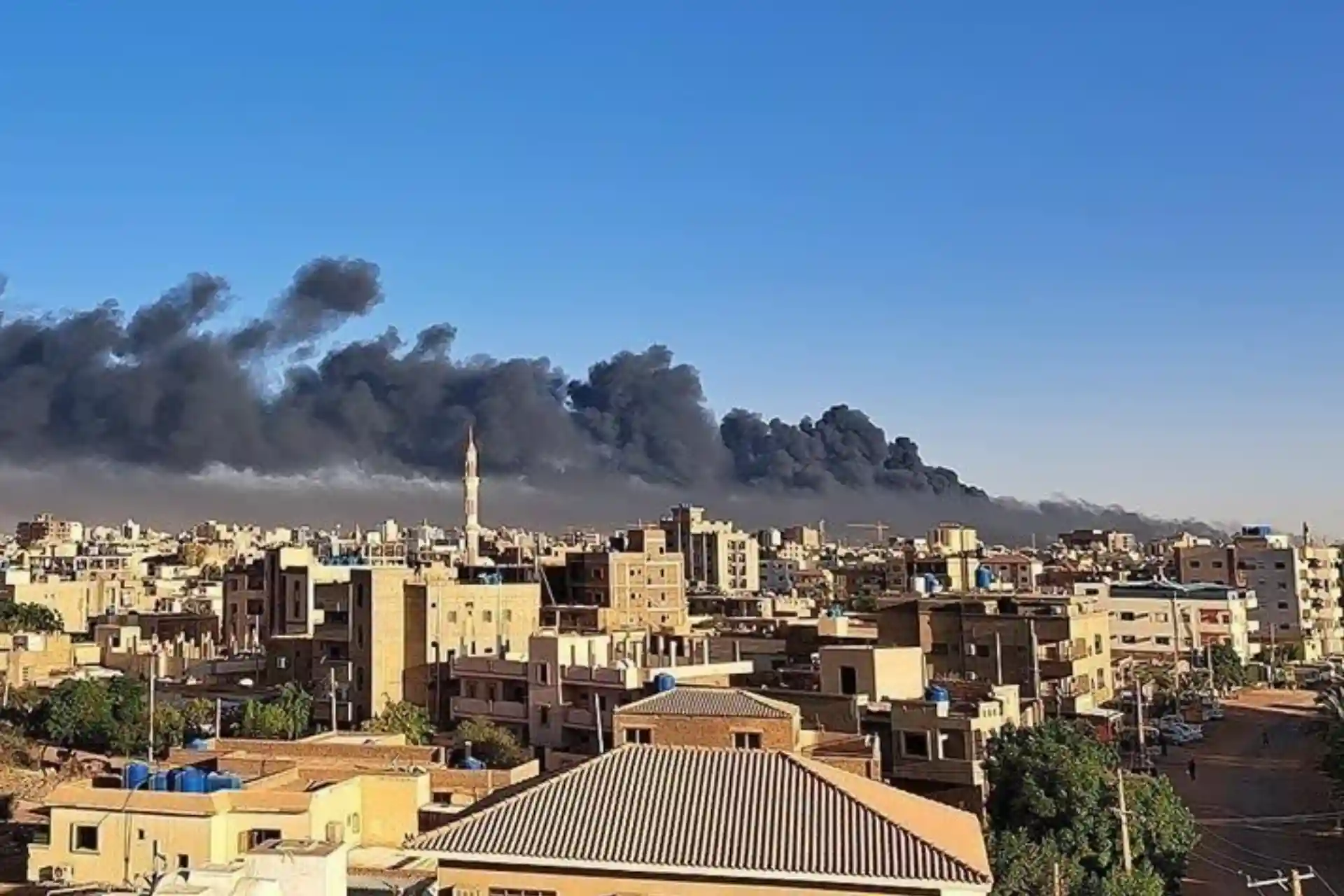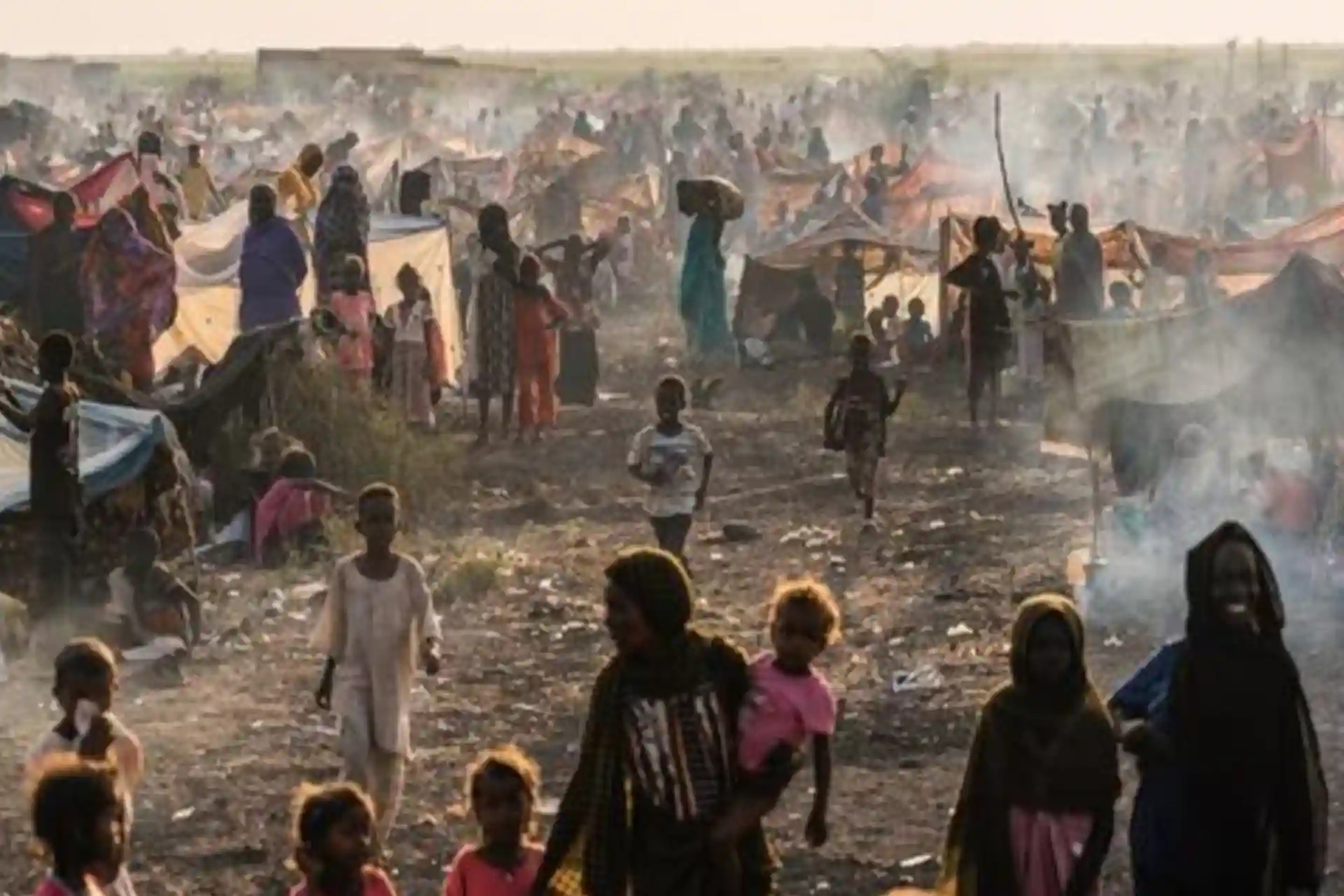What do the recent events in Sudan indicate?
The conflict in Sudan has reached a critical juncture. After thirty-nine months of civil war, the Sudanese Armed Forces (SAF) recaptured the presidential palace in central Khartoum on Friday morning, dealing a major and decisive blow to the Rapid Support Forces (RSF), a rebel paramilitary group that has controlled the area since the beginning of the war.
Under heavy pressure from the SAF, which deployed infantry, drones , and artillery, the RSF attempted to escape from the palace on Wednesday evening, but suffered heavy losses in terms of military force and equipment in the process.
Chronology of events
The Sudanese military launched an offensive to retake the presidential palace after breaking a two-year siege in late January and taking full control of the East Nile region on March 7 .
The first phase of the operation in Khartoum began last Sunday with an attempt to isolate the RSF in the palace. Videos provided by the Sudan War Monitoring Group showed SAF units from Al-Shajara attacking RSF forces and attempting to advance into RSF-held areas near the Grand Bazaar in southern Khartoum. The videos showed the RSF increasingly being surrounded in central Khartoum, setting the stage for today's final assault.
Last Monday, SAF armored units successfully linked up with their counterparts in the general command, located east of the presidential palace, and were able to surround RSF fighters located in the palace and other key buildings in central Khartoum .
As the siege tightened, the RSF attempted to escape the palace and surrounding areas on Wednesday night, but were crushed by a fierce SAF offensive . The operation destroyed dozens of RSF vehicles and many fighters trying to break out of the siege along Al-Qasr Avenue .
On Thursday afternoon, SAF command units captured key targets such as the Sudan-Kuwait Center building and the Mek Nimr Bridge, located a few hundred meters east of the presidential palace, facilitating the capture of the presidential palace .
The presidential palace was one of the RSF's strongest positions, crucial to their symbolic and practical control over the capital and the Central Sudan region. The fall of the palace now signals the near end of the RSF's presence, not just in Khartoum, but in the entire region.
Over the past months, SAF forces have recaptured RSF-held positions and carried out coordinated attacks to systematically neutralize their forces in a number of strategic districts in the capital region.
The fighting is now shifting to RSF-held areas in the southern neighborhoods of Khartoum, such as Gabra, Soba, and Jebel Awliya. However , RSF defenses in these areas are limited. It is unlikely that RSF will be able to maintain control of these areas without significant reinforcements.
Strategic and diplomatic consequences
Today, the fall of the presidential palace is both a tactical and symbolic victory for the Sudanese army, which has thereby restored its legitimacy in the capital and marked a decisive turning point in the conflict.
This will accelerate the decline of the RSF in Khartoum and consolidate the Sudanese army's unconditional control over the entire capital region in the near future.
The RSF took control of high-profile city facilities early in the war, such as the presidential palace, Khartoum International Airport, and the headquarters of the state broadcaster in Omdurman, but failed to translate this control into a decisive coup, and the RSF's hold on power remained tenuous.
Fears of international denial – as happened when the Houthis seized Sanaa, Yemen, in 2014 – have prevented a formal declaration of authority and forced RSF to promote civil partnerships to establish political legitimacy .
What do these events mean for the future of Sudan?
Both sides committed a number of atrocities during the conflict, but a number of human rights abuses by the RSF – the Masalit genocide in Darfur in 2023 – were particularly egregious. These acts, similar to the Darfur genocide of 2003-2020 – are considered far more serious than the atrocities by the SAF.
The RSF 's organizational weakness and the perception that its loss of control over the country could lead to the complete collapse of the Sudanese state have further damaged its international reputation.
While the recapture of the government palace is a strategic victory for the army, it raises important questions that remain unanswered. Some fear that the RSF forces will regroup and that Sudan will be plunged into conflict without a clear solution in sight. Others are breathing a sigh of relief, hailing the victory as a "turning point" toward peace in the fight against the RSF.
It is difficult to firmly support either side in this conflict. Both groups are acting with greed, selfishness, and little regard for the interests of the Sudanese people. As Sudanese history shows, military rule has not benefited the people, but has often been brutal and corrupt. However, the RSF, led by the bloodthirsty Hemetti, is even worse. They have committed atrocities, murders, and genocide without any strategic purpose. If they gain control of the Sudanese state, they will undoubtedly continue these actions on a larger scale. Therefore, we should hope for a victory for the army throughout the country and a decisive defeat for the RSF.
Muhammad Dawood Asadullah



